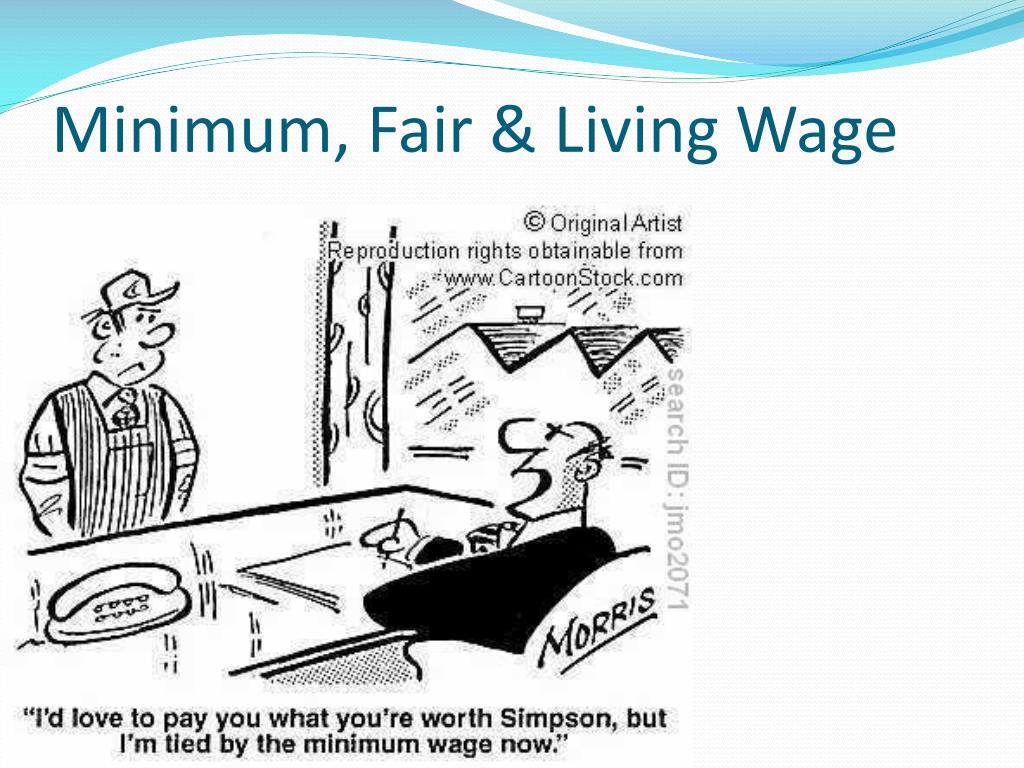

What is not clearly understood is why labor bargains rationally (in the absence of greed) for a share of productivity gains. The model is correct in thinking labor works for a wage and the residual income belongs to the person who bears the residual risk. Residual claimant theory is not very helpful in understanding labor's claim on productivity gains. Competition without cooperation leads to acts of violence and social instability. All economic decisions are moral decisions.

Faulty premises lead down into reductionist rabbit holes. I say this as an economist who builds models to explain concepts, but are limited in ability to explain reality. However, the danger in this style of reasoning is to oversimplify complex interdependent systems, separating logic from morality. In fact, for me to understand anything I must usually grasp it in the simplest possible terms, which can be infuriating to others better graced with intelligence than I am, but can be an advantage, since when I understand something I tend to have it pretty well locked down and am able to explain it to others. ^ Samuel Bowles and Herbert Gintis, Mutual Monitoring in Teams: The Effects of Residual Claimancy and Reciprocity.I don't find it hard to believe at all that the difference is more obvious than I think - sometimes extremely obvious things escape me, and I have only as much wit as the Good Lord saw fit to give me.^ Bowles, Samuel (2004) Microeconomics: Behavior, Institutions and Evolution, Russell Sage Foundation, New York.The Quarterly Journal of Economics, 17(2), pp.


The Residual Claimant Theory of Distribution. The Quarterly Journal of Economics, 5(4), pp. The Doctrine of Rent, and the Residual Claimant Theory of Wages. The Quarterly Journal of Economics, 6(1), pp. The Quarterly Journal of Economics, 4(1), pp. President Walker's Theory of Distribution.


 0 kommentar(er)
0 kommentar(er)
